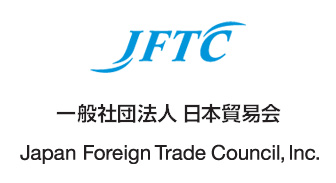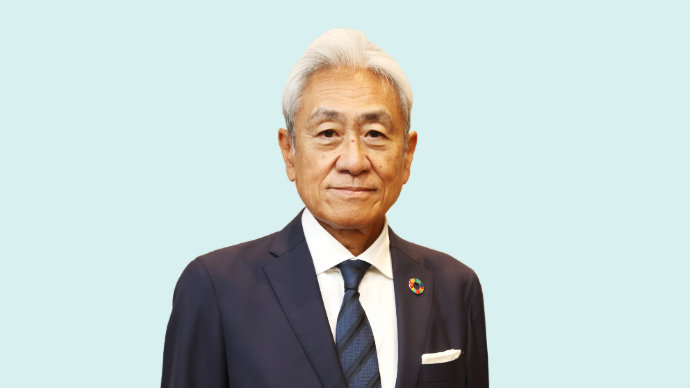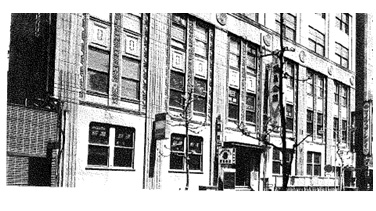日本貿易会について

一般社団法人 日本貿易会(Japan Foreign Trade Council,Inc.)とは
日本貿易会は、わが国の貿易および貿易業界の健全な発展を図り、わが国経済の繁栄と国際経済社会の発展に寄与することを目的として設立された商社や貿易団体を正会員とする業界団体です。
行動基準、指針、方針など
- 商社行動基準[PDF:122KB]
- 商社環境行動基準[PDF:152KB]
- 商社安全保障貿易管理行動基準[PDF:140KB]
- 海外投資行動指針[PDF:11.0KB]
- サプライチェーンCSR行動指針[PDF:223KB]
- 気候変動対策長期ビジョン[PDF:313KB]
- 気候変動対策長期ビジョンの策定について[PDF:646KB]
- 約束手形の廃止に向けた自主行動計画[PDF:608KB]
- 「物流の適正化・生産性向上に向けた荷主事業者・物流事業者の取組に関するガイドライン」に基づく自主行動計画[PDF:815KB]
- 個人情報の取扱いについて[PDF:121KB]
- 特定個人情報の適正な取扱いに関する基本方針[PDF:168KB]
- 講演会動画アーカイブ運用ポリシー[PDF:595KB]
- ソーシャルメディアポリシー[PDF:2.32MB]

JFTC 2024


